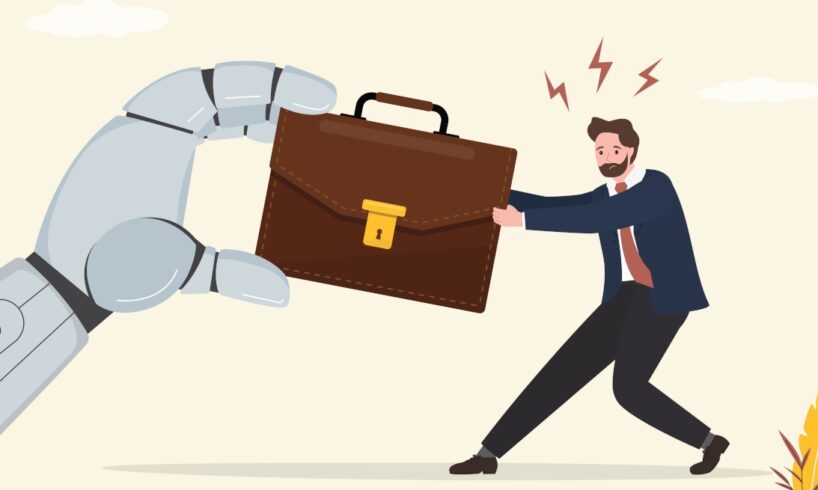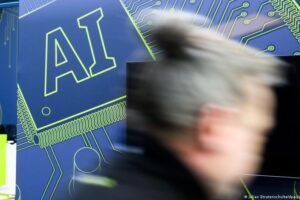
John Callahan discusses the risks of AI and how organisations can develop a more resilient workforce.
The effects of artificial intelligence (AI) on the workforce have been far reaching. Not just in the organisations which have accepted widespread adoption but even for employees in companies that are more resistant to change.
AI has given employees the freedom to reallocate time-consuming tasks, to gain greater understanding of large swathes of information and to improve their work through AI-powered insights.
But as always, with the good comes the bad, and as fears grow that AI poses a risk not just to cybersecurity but also to job security, John Callahan, the CTO and president of AI company Partsol, suggests that the real challenge is recognising when and why an AI strategy has gone south.
“Many companies have jumped on the AI bandwagon in recent years, particularly concerning generative AI, without a clear plan or understanding of their business needs,” Callahan told SiliconRepublic.com. “As a result, some are now pulling back due to underwhelming results or lack of internal expertise.”
By scaling far too quickly, without implementing the right AI infrastructure, for example a workforce with the necessary skills, he explained, organisations may find that they have wasted not only a substantial investment but also an opportunity to embrace and grow their AI capabilities.
“Firms that approach AI integration thoughtfully, ensuring they have the necessary capabilities and are strategically aligned, will be better positioned to remain competitive.”
The real risk, he feels, is not that AI is going to sweep over the working landscape and replace people in droves, but rather that professionals are being left behind as they become increasingly unequipped to work in an evolving environment.
While he acknowledges that some industries are more vulnerable to the kind of displacement that accompanies AI integration, such as roles in the finance sector and other white-collar jobs where you can automate standard procedures, it is, as of yet, not beneficial to remove the human element of many current positions.
“Certain skills like creativity, emotional intelligence and nuanced decision-making remain uniquely human strengths,” he said.
Instead, by investing in people and taking a broad and strategic approach, Callahan is of the opinion that organisations will be better equipped to keep pace with their targets and avoid the setbacks that often arise from poor planning. This includes preparing the workforce for careers that are potentially subject to immense change.
A new dawn
“AI is set to have a positive impact on the job market, despite overarching concerns,” he said, noting the new opportunities emerging for people who have diversified their skillsets to include an education in AI.
So, while there is a genuine concern that AI can impact careers, for professionals looking to find greater job security, AI is creating new opportunities.
“Roles such as AI safety testers, ethics specialists, prompt engineers and data annotators are now in high demand. These positions require technical skills with human judgement, ensuring AI tools remain safe, fair and effective,” he said.
Success in this new age of AI will depend on whether or not professionals and their companies can adapt to it, with a willingness to learn, despite their potential fears.
Those who view it as a tool and strategy for career progression and who can embrace emerging topics, for example digital literacy, AI ethics, sustainability and the fundamentals, will find they are more confident about their role in the face of mass change and digitisation.
“As AI becomes a more integral part of work, those who partner with the technology, rather than resist it, will be better equipped to succeed. Removing barriers to access and education will be essential in building a resilient workforce that can thrive in the digital age.”
So, while AI does indeed come with inherent risks, as do all advanced technologies, for Callahan, job replacement is not the greatest challenge facing the sector. It is the potential for organisations to sideline and professionally stall the workforce, as they fail to properly implement changes.
But if companies can overcome their fears and strategise with the future in mind, AI can be a catalyst for greater innovation and a skilled, fulfilled workforce.
Don’t miss out on the knowledge you need to succeed. Sign up for the Daily Brief, Silicon Republic’s digest of need-to-know sci-tech news.





